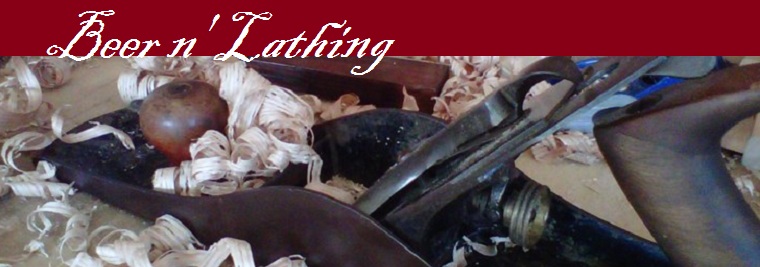My task was now to build an elevated feeding area for the cat feeder. The challenge was to get it done within two hours (I've got beers waiting and an early bedtime).
In order to better understand the situation, I need to share the cat (and dog) status.
We have four dogs and eight cats, which I blame on being soft hearted rescue people.
Shae, my wonderful wife, is in the Veterinary profession and is a volunteer wild game rehabilitator (she nurses wild animals back to health and releases them when ready). She also spends a lot of time bottle feeding newborn kittens and puppies when the need arises for the local revues groups.
Every once in a while, we run into one that needs a little more special care and they end up staying. Timmy, is the most needy of the ones we have.
Timmy has a condition known as cerebellar hypoplasia, in short he lacks the balance and coordination required for walking, running, and even standing. He has no discomfort from this medical condition, it just makes him floppy. When he plays it also reminds me of the Tasmanian Devil with legs going out in all sorts of random directions.
Timmy is also very well trained. He waits for us to take him to the litter box and is rewarded with a trip to the good bowl. He is very spoiled and has a good life.
So the cat feeder has to be low enough that Timmy won't hurt himself as he flops down from it, but it also has to be high enough to keep the dogs out of it.
I built a wooden tray for Timmy a couple years ago when he was younger, and it had been sitting on a plastic storage bin the "normal" cats accidentally pulled it down with a loud crash in the middle of the night. I decided to reuse this tray once again.
I didn't want to permanently fasten the tray, because we also use it in the camper (Timmy is not good with change and he has travel with us). With that in mind I decided to turn it upside down and friction fit the top on to the legs.
I used some heart pine out of scrap 2x10s and made the stretchers from left over 1x4s from last year's timber framed outhouse roof.

Using pocket screws allowed the joinery to go quick, and it would have been even quicker if I hadn't added an extra inch to my measurement. I hate when I do that.

The final friction for worked perfectly and with a little sanding to soften the corners I had the project inside within 2 hours.

Timmy likes it a lot more than the old one. He no longer has to drag himself over the tray's 3 inch side, which allows for a much more flop to the floor.









































